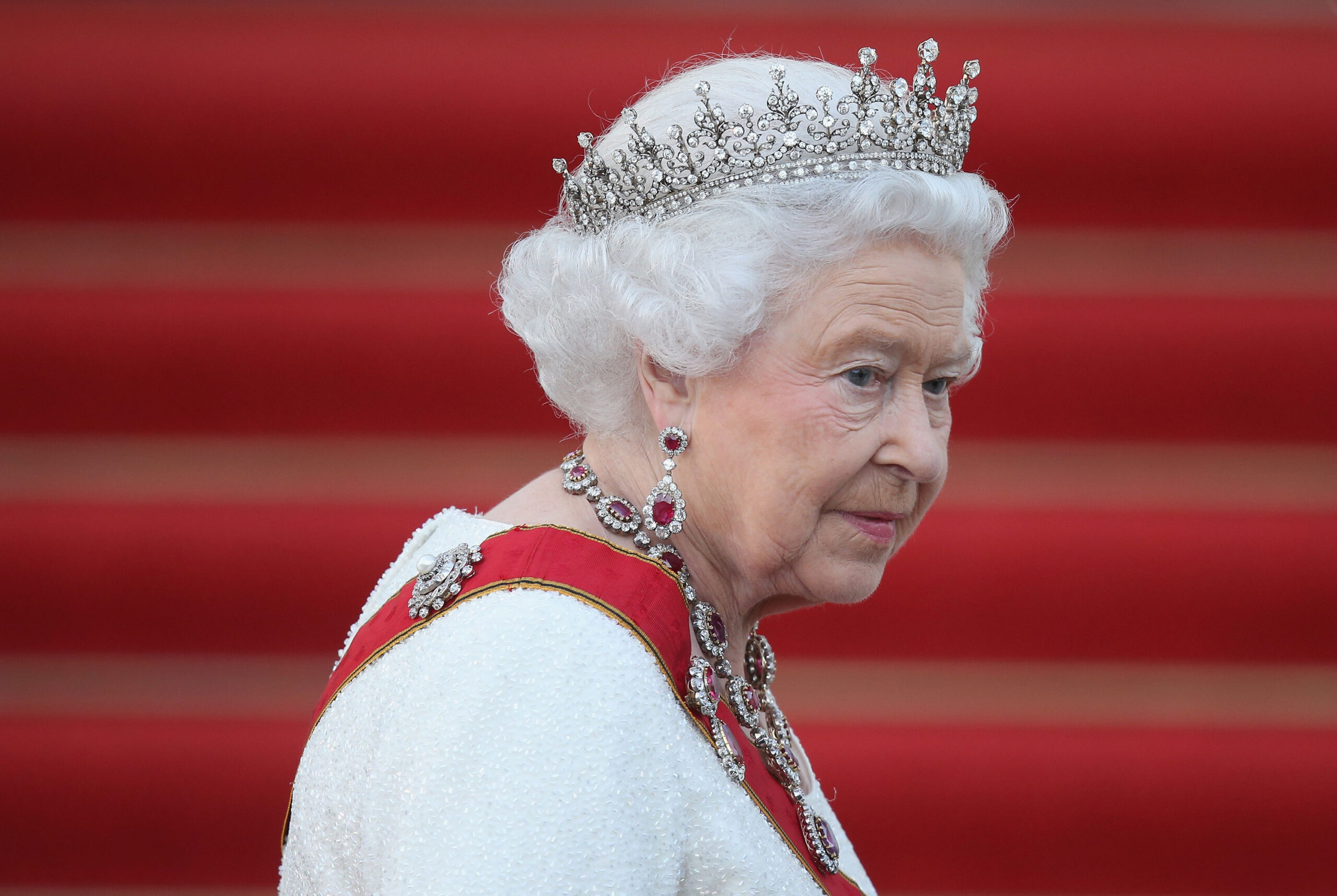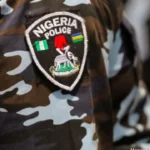I returned to my school, Methodist Primary School, Agila, in January 1956, to begin the new school year after the 1955 Christmas holidays. A week or two later, the headmaster, Mr. Ikoro, called me to his corner of a classroom that passed for his office.
He asked me if I had heard of Queen Elizabeth II. I said yes, sir. I told him that her beautiful photographs adorned the walls of my father’s house at Ikpeba village where we lived. The villagers used to come to our house to gawk at the photographs of the woman said to be the most beautiful woman in the world.
He told me I was going to see her because she was visiting Nigeria that month. The visit lasted from January 28 to February 16. She visited Lagos and the regional capitals of Kaduna, Ibadan and Enugu. Ikoro said the Northern Regional Government had ordered the divisional officers in all the divisions in the region to send primary school pupils to Kaduna to welcome the queen. He told me I had been chosen to represent the school and that I should prepare to travel to Otukpo to join other pupils selected from various parts of Idoma division. We would travel by rail to Kaduna as a group. He said I had to ask my father for the train fare from Igumale to Otukpo. The school did not have any money.
I rushed home to tell my parents the good news. They were happy for me. My father could not hide it. He told his friends I was going to Kaduna to see the queen of England. It boosted his personal stature and respect in our village. His son was going to see the queen in flesh and blood. No Agila boy or man had achieved that feat before. He had good reasons to feel both lucky and proud. My father kept telling me to greet the queen for him. I said I would.
He gave me the fare and a little extra as pocket money. I went back to the school and thence to Otukpo from Igumale by rail. When I reported at the Central Office, it teamed with selected pupils from various primary schools in the division. I met two other Agila boys, Isaiah Ochapa and Emmanuel Ogbaje, who represented their respective schools. I do not remember how many we were altogether, but we were numerous enough for the authorities to reserve a coach for us. A dark man of average height called Onuminya Edeh took charge of us. I was to meet him the next year at the NA Senior Primary School, Otobi. He was the pioneer headmaster of the unique primary boarding school in Benue Province. He taught me in primary five.
We arrived Kaduna at the height of the harmattan season. The wind howled and wrapped us in ice-cold winds. We shivered; we grated our teeth involuntarily. None of us was prepared for the cold. The shirts on our backs were mincemeat for the cold. We survived, evidence that miracle happens.
We were lodged in a secondary school in Kaduna. Years later when I lived in Kaduna, I found out that the school was St John’s College, a missionary school owned by the Roman Catholic Church. It had earned quite a reputation for the brilliant performances of its students in the Cambridge school certificate examinations.
Before we were taken to the parade ground every morning, we were served cooked beans for breakfast. The beans were dark and oily. We were told they were cooked with fish oil. I ate beans for the first time there. I was hooked. There was a downside to it. Through no fault of their own, some of the boys paid some price for eating oily beans for breakfast. When the sun gradually heated the parade ground, the oil in the oily beans weakened some of the boys. A sudden noise, not unlike a falling body, indicated that a boy had collapsed and was sprawled on the ground, his breathing worryingly faint. He was promptly removed to a clinic. That experience taught me to avoid eating beans in the morning.
We did not take part in the parade at the parade ground. This was entirely the business of the army and the police. We lined up and watched the soldiers and the policemen doing their drills, preparing for the big day. We were taught how to wave the miniature British flags, the Union Jack. Waving them was our way of acknowledging his Royal Majesty the queen.
I think we spent a little over one week before the big day, as big days are wont to do, finally arrived. We were taken to the parade ground much earlier that morning, fortified with cooked beans. We waited for what seemed like eternity before the programme kicked off with the arrival of the dignitaries. First to arrive were the horse riders. Their beautiful horses were draped in beautiful clothes of various colours. I was fascinated. I had never seen such a sight before. I did not know that horses were entitled to wearing such beautiful dresses. The horses looked like special breeds, not like the tired ones that passed through our village to markets in the Eastern Region where their meat was a delicacy much cherished by the rich.
The emirs and the chiefs from various parts of the Northern Region, dressed in splendid royal costumes, arrived one group after the other. I saw so many traditional rulers for the first time in my life. Each one of them was dressed in his royal best. What surprised me most were what I described to my school mates back home as headgears worn by them. I had never seen men wearing such head dresses before. I later learnt they are called rawani or turban and are part of an important dress code among the Hausa/Fulani royalty. They give the wearers a distinctive look as royalties.
The traditional rulers were followed shortly by the regional ministers and other local dignitaries. Then the premier of the region, the tall and dignified Sir Ahmadu Bello, Sardaunan Sokoto, was ushered in with police outriders and a long motorcade. He waved at us, and we waved back. The next to arrive was the governor-general of the region, also ushered in by police outriders. He was distinguished by his white plumed hat. He arrived in an open Land Rover. He waved at us and we waved back. He clearly stood out in his official uniform. He was, under the constitution I learnt much later, the queen’s representative in the region.
We waited some more and watched the dignitaries obviously savouring the day from the comfort of their assigned seats. We were too far away to hear them. The field was now crowded with people who had turned out, mostly out of curiosity, to witness the important event unfolding before their eyes. The sun rose steadily in the sky. One or two boys in our group suddenly exchanged their vertical positions for the horizontal positions forced on them by eating beans so early in the day.
A siren pierced the silence at the parade ground. Outriders and a long motorcade streamed into the field. I saw the queen. She was slim and wore immaculate royal accoutrements. She and her tall and dignified husband, technically known as the queen’s consort, Prince Philip, the Duke of Edinburg, rode in an open Land Rover to the parade ground to cheers and ululations. They were all smiles. We were all smiles. They waved at us; we waved back with the miniature flags. We cheered. She rode around the field, a great and splendid sunshine in the drab harmattan season. She came close enough for me to see that her official portrait in our house did not do enough justice to her beauty. I just hoped she would stop by where we were so I would deliver my father’s message to her. She did not.
I saw the queen. Millions of people paying their last respect to her as her body lies in state never saw her. I did. It should count for something for a twelve-year old boy from Agila.

 Join Daily Trust WhatsApp Community For Quick Access To News and Happenings Around You.
Join Daily Trust WhatsApp Community For Quick Access To News and Happenings Around You.


